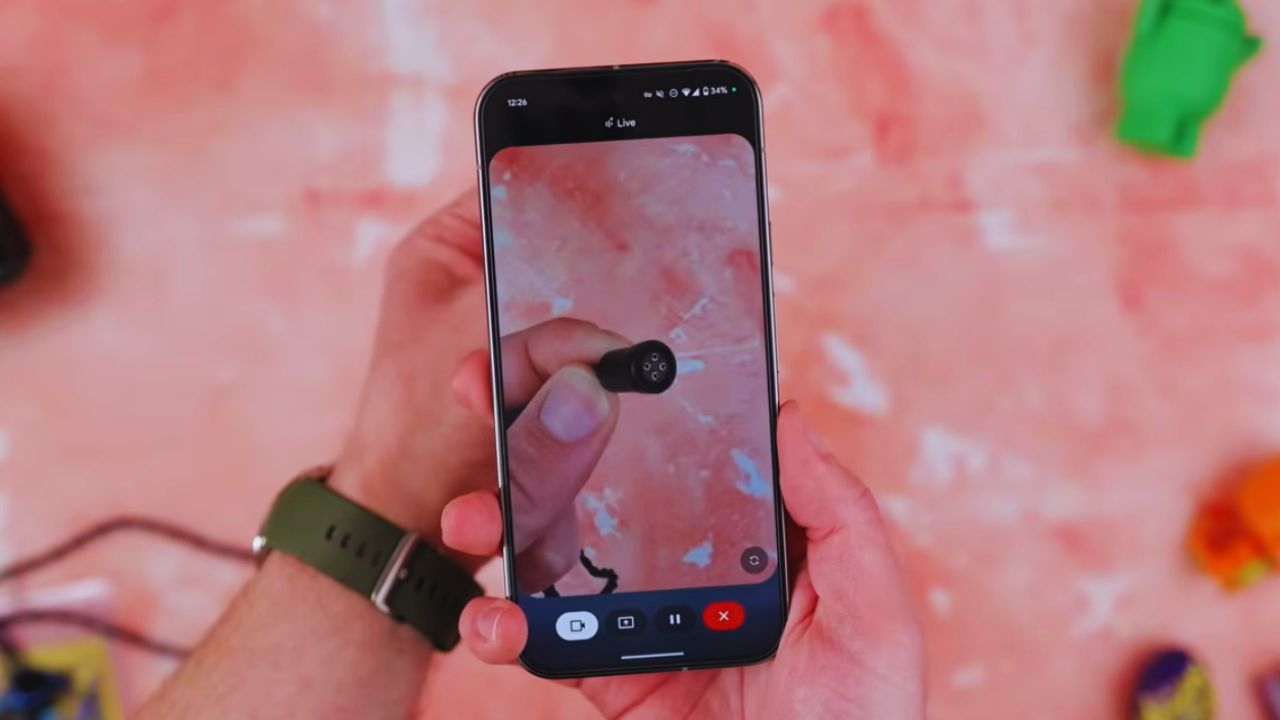When you think of private investigators (PIs), you might picture a mysterious figure in a trench coat, tailing suspects and cracking cases like Sherlock Holmes. Or maybe you imagine them hacking into phone records, accessing secret databases, and working alongside the police.
The reality? It’s not quite as dramatic. Private investigators in the UK operate under strict legal guidelines, and many of the things you see in films or TV shows are either exaggerated or entirely false. Let’s debunk some of the biggest myths about private investigators and set the record straight.
Myth 1: Private Investigators Can Arrest People
A common misconception is that private investigators have the same powers as the police. In reality, PIs have no legal authority to make arrests. They are not law enforcement officers, and they cannot detain or charge someone with a crime.
What they can do is gather evidence and provide reports that may assist a legal case. If they uncover criminal activity, they must report it to the police—just like any other citizen.
Myth 2: PIs Can Hack Phones and Emails
This is one of the most persistent (and dangerous) myths. Many people assume that PIs can break into phones, emails, or social media accounts to uncover hidden information. In the UK, this is completely illegal.
Laws such as the Computer Misuse Act 1990 and GDPR regulations strictly prohibit unauthorised access to digital data. Any PI who engages in hacking is breaking the law and risks serious penalties. Instead, legitimate investigators use legal methods such as open-source intelligence (OSINT) and public records searches. Click on the link for Private Investigators for Hire.
Myth 3: Private Investigators Have Access to Police or Government Databases
Contrary to popular belief, private investigators do not have special access to police records, medical files, or government databases. These are strictly controlled and only available to law enforcement and authorised personnel.
Instead, PIs gather information through legal channels such as electoral rolls, company records, court documents, and other publicly available sources. If someone claims they can obtain confidential government data, they are either lying or acting illegally.
Myth 4: PIs Can Track Someone’s Location Using GPS Without Permission
Many people assume that PIs can secretly attach a GPS tracker to a vehicle and monitor someone’s movements. In the UK, this is illegal unless explicit consent is given by the vehicle owner.
The Investigatory Powers Act 2016 and Data Protection Act 2018 place strict limits on tracking devices. If a private investigator needs to monitor someone’s movements, they must use legal surveillance methods that comply with the law.
Myth 5: Private Investigators Only Work on Cheating Partner Cases
While catching unfaithful spouses is a well-known part of private investigation, it’s far from the only service PIs offer. In reality, PIs handle a wide range of cases, including:
- Fraud investigations (insurance, corporate, or financial fraud)
- Missing persons (helping locate lost relatives or debtors)
- Background checks (for employment or personal reasons)
- Corporate espionage prevention (helping businesses protect sensitive information)
A professional PI is more than just a “cheating spouse detective”—they provide valuable investigative services across many industries.
Myth 6: PIs Can Go Undercover and Assume False Identities
Hollywood often portrays private investigators going undercover, using fake names, and infiltrating organisations. While PIs can conduct undercover work in certain situations, there are strict legal and ethical boundaries.
For example, impersonating a police officer or government official is a criminal offence. Likewise, using deception to obtain confidential data (such as pretexting to access bank records) is illegal. Professional investigators operate within the law and rely on legitimate methods to gather intelligence.
What are the Benefits of Lie Detector Tests?
Undoubtedly, there are many advantages to hiring a private investigator. But, there are some people that feel guilty about this. They feel like they’re going behind the person’s back and being sneaky. Know that there are other ways for you to acquire information and get the truth. An alternative is booking a lie detector test. This isn’t just something you see on television. They can reveal the truth and be reliable. Let’s take a look at the benefits of getting a lie detector test.
Ensures Agreement
Are you worried about your partner being upset with how you gained information? This can often add fuel to the fire when it comes to private investigators. They don’t like how you’ve gone behind their back. Well, the good thing about a lie detector test is that you require their permission first. This means that everything that’s revealed will be agreed to by the other person and you got it fair and square. This can lead to better outcomes.
Get Direct Answers
Some information can be general with investigations. But, with a lie detector test, you get to choose the questions you ask the other person. This means that you can address certain situations and get the clarity you need. What’s more, the other person can ask you questions to make it equal.
It is Quick
With a private investigator, there are certain situations where information can take months. But, a lie detector test can be quick and easy. It won’t take long to complete, and you can gain the details you need to make important decisions in your life. But, they’re gained in a non-intrusive way that can help to repair relationships.
Takeaways
Private investigators may have an air of mystery around them, but their work is bound by UK law. They cannot arrest people, hack into digital accounts, or break into properties. Instead, they use legal investigative techniques to uncover information and assist clients.
If you’re considering hiring a private investigator, it’s essential to choose one who operates ethically and within legal boundaries. A reputable PI will always be upfront about what they can and can’t do.





































